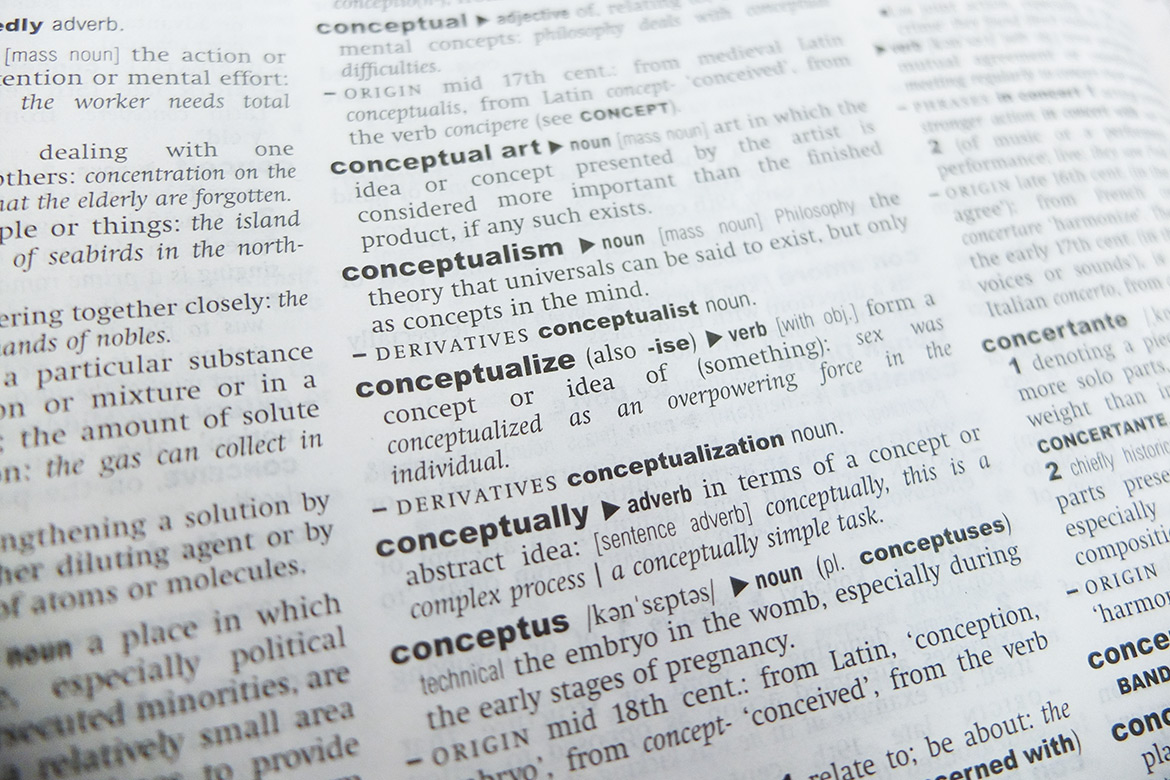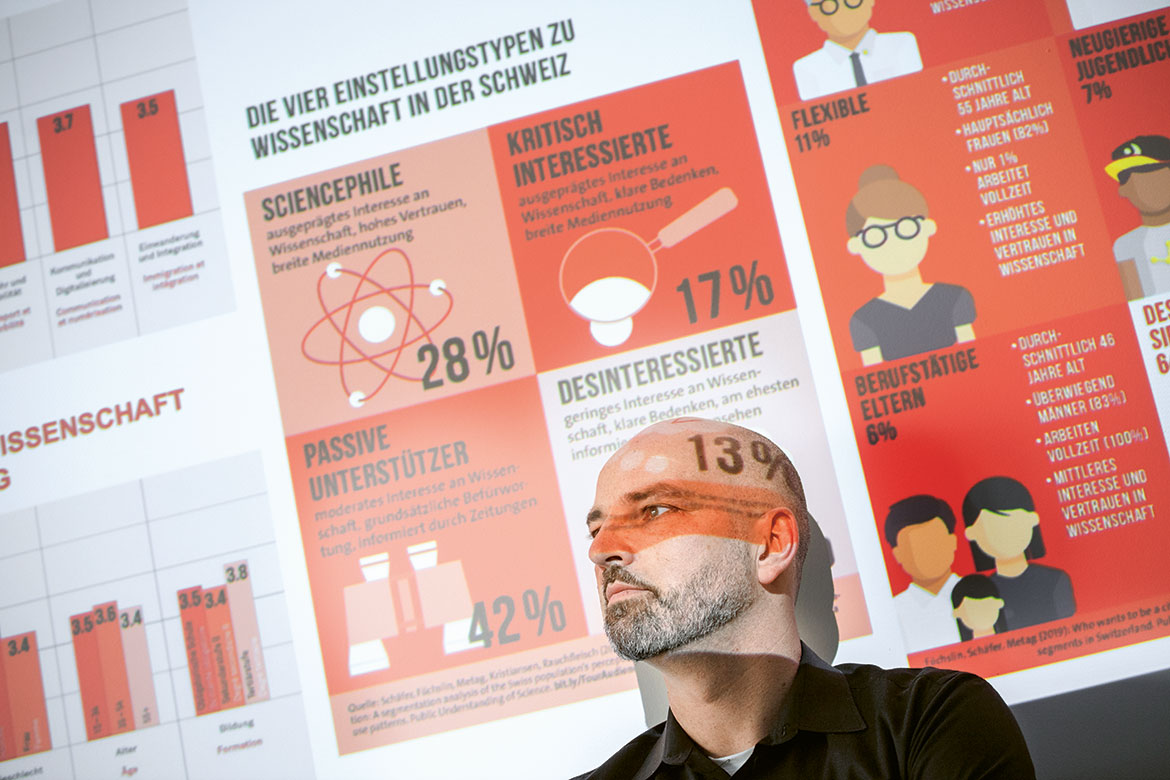Concepts
Studies

Photo: Florian Fisch
There’s barely a political debate that takes place today without both sides citing their favourite study to support their respective viewpoints. This is good news and bad news. On the one hand, the notion that policy should be evidence-based has seemingly become established. On the other hand, it’s regrettably not that simple. Because not all studies are quite alike.
Regarding the field of medicine, the general public since the pandemic has known that a study of individual cases might be important, but can’t prove the effectiveness of a new therapy. That’s something that requires several studies with a solid methodology and a lot of test subjects. Setting up an evaluation system like those used in medicine is a mammoth task. You’ve got to find the relevant studies, assesses their quality, and disseminate their findings in a manner that’s comprehensible. In 2013, in a report for the UK’s Department for Education, the British epidemiologist Ben Goldacre wrote the following: “A coherent set of systems for evidence-based practice listens to people on the front line, to find out where the uncertainties are, and decide which ideas are worth testing”. Just waving a piece of paper in the air during a debate is not enough.




